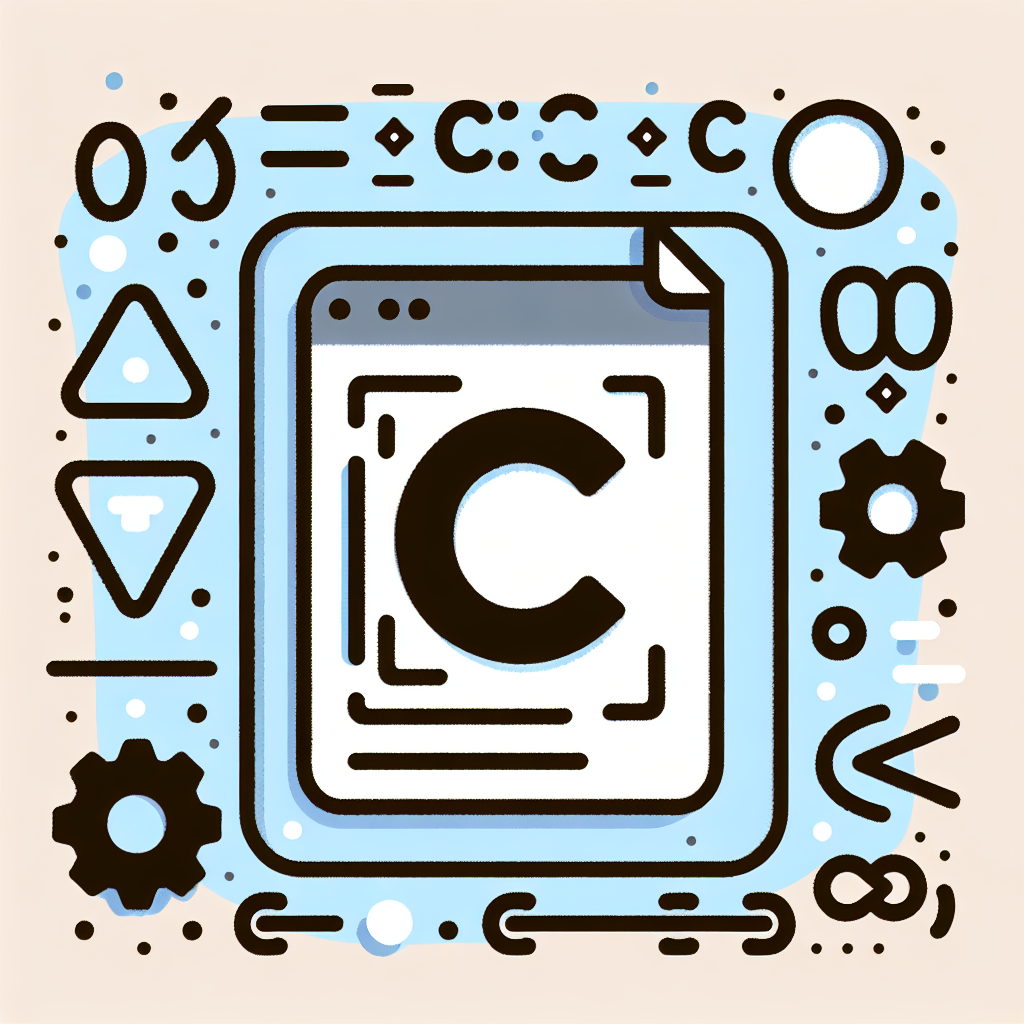Effortless Kotlin to C Conversion Tool | Fast & Easy
Effortlessly convert Kotlin to C with our powerful tool. Enhance coding efficiency and bridge languages seamlessly. Try our Kotlin to C converter today!
Source Code
Converted Code
Output will appear here...
Transform your Kotlin code to C seamlessly with our powerful Kotlin to C converter. This tool enhances cross-platform compatibility and boosts performance, making it ideal for developers looking to optimize their applications for speed and efficiency. Experience smooth integration and improved workflow, perfect for mobile apps, embedded systems, and high-performance computing projects.

Kotlin to C Conversion Tool Link to this section #
Transform your Kotlin code into C effortlessly with our Kotlin to C conversion tool. This tool is designed for developers seeking to optimize performance, integrate with existing C libraries, or explore system-level programming. The conversion process is seamless, preserving your code's logic while adapting it for C's syntax and structure.
Key Features Link to this section #
- Automatic Conversion: Convert Kotlin syntax to C with minimal manual adjustments.
- Performance Optimization: Enhance execution speed by leveraging C's efficiency.
- Interoperability: Simplify integration with C-based systems and libraries.
How It Works Link to this section #
- Input Kotlin Code: Paste your Kotlin source code into the tool.
- Conversion Process: The tool analyzes the Kotlin code, translating data types, functions, and control structures to their C equivalents.
- Output C Code: Receive optimized C code ready for compilation.
Example Code Conversion Link to this section #
Kotlin Code:
fun main() {
println("Hello, World!")
}
Converted C Code:
#include <stdio.h>
int main() {
printf("Hello, World!\n");
return 0;
}
Benefits Link to this section #
- Efficiency: Reduce conversion time and effort with automated processes.
- Learning Resource: Understand the differences in syntax and structure between Kotlin and C.
- Flexibility: Use the tool for various applications, from embedded systems to desktop software.
Additional Resources Link to this section #
Whether you're a seasoned developer or a beginner, our Kotlin to C conversion tool is an invaluable resource for enhancing your code's compatibility and performance. Explore the possibilities of mixing modern Kotlin syntax with the robust capabilities of C programming today.
Frequently Asked Questions
Can Kotlin code be directly converted to C?
Kotlin is primarily designed for the JVM and does not directly convert to C. However, Kotlin/Native allows for compilation to native binaries, which can interoperate with C code using the C Interoperability feature, but this requires manual integration.
What are the tools or frameworks available for integrating Kotlin with C?
Kotlin/Native is a key tool for integrating Kotlin with C. It allows Kotlin code to be compiled into native binaries, which can then interact with C libraries through native C interop. This is particularly useful for platforms where JVM is not available.
What are the common challenges when working with Kotlin and C together?
Common challenges include managing memory manually when interfacing with C, handling platform-specific nuances, and ensuring proper data type conversions between Kotlin and C. Additionally, debugging and maintaining interoperability can require more effort compared to using Kotlin on the JVM.